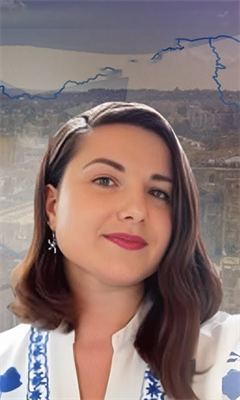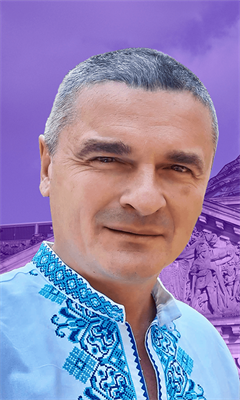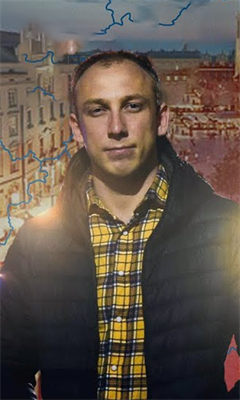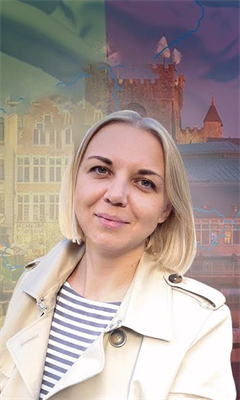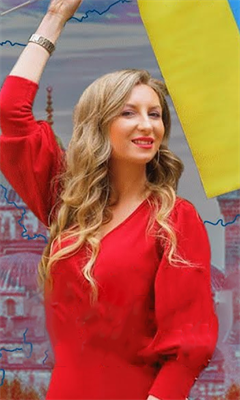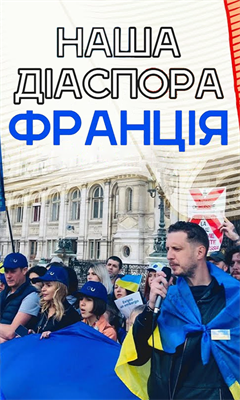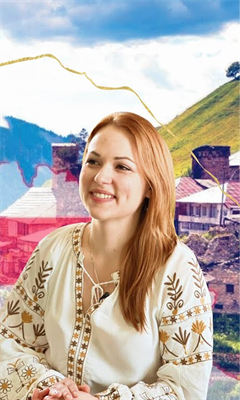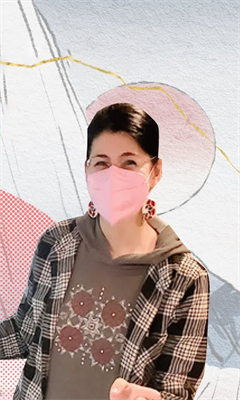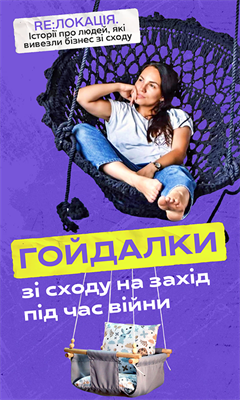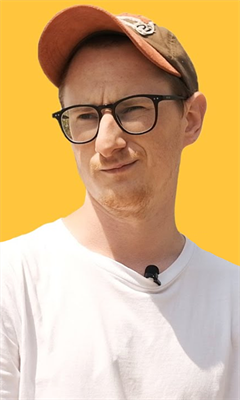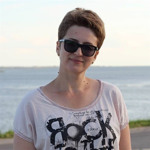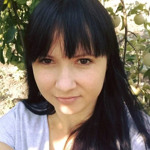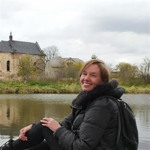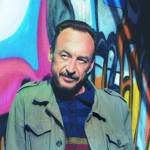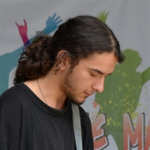Nine stories about volunteers from Eastern Ukraine helping civilians and those who defend them
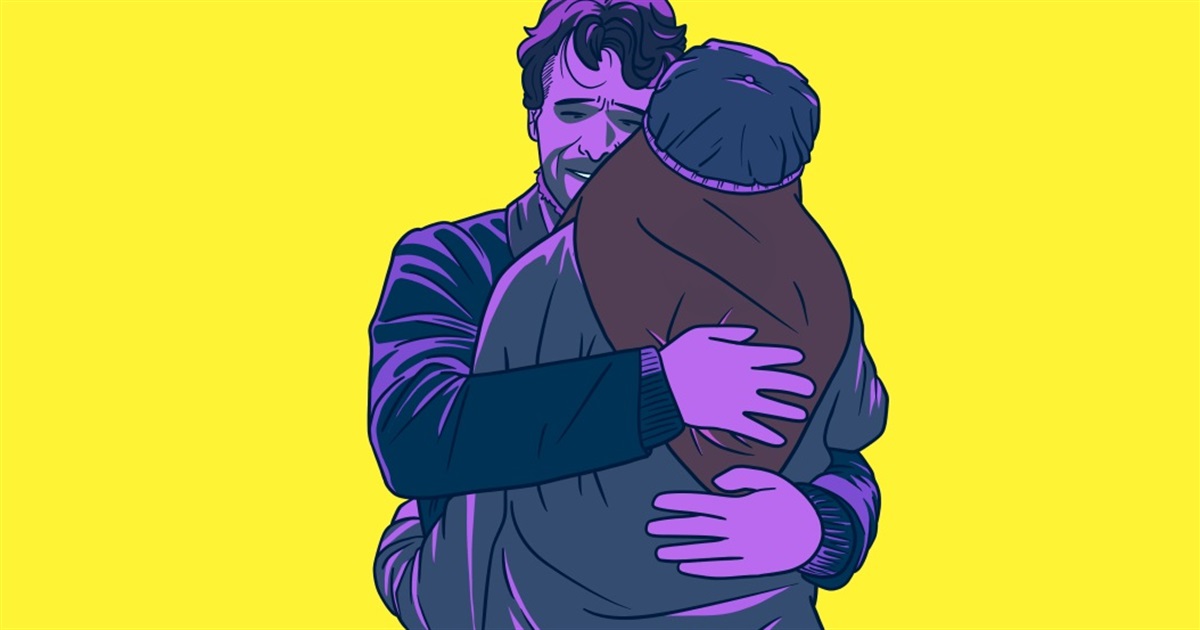
We support forced migrants and women who have survived domestic abuse
Natalia, Makiyivka – Ivano-Frankivsk
I was forced to move from Makiyivka to Ivano-Frankivsk in 2014. I am one of the founders of the Dom4824 (House4824) NGO. We have been working almost 24/7 for two weeks, since the beginning of the Russian invasion. What are we doing? We help forced migrants with their urgent needs: accommodations, food, meds, receiving goods donated by people and distributing it to other centers.
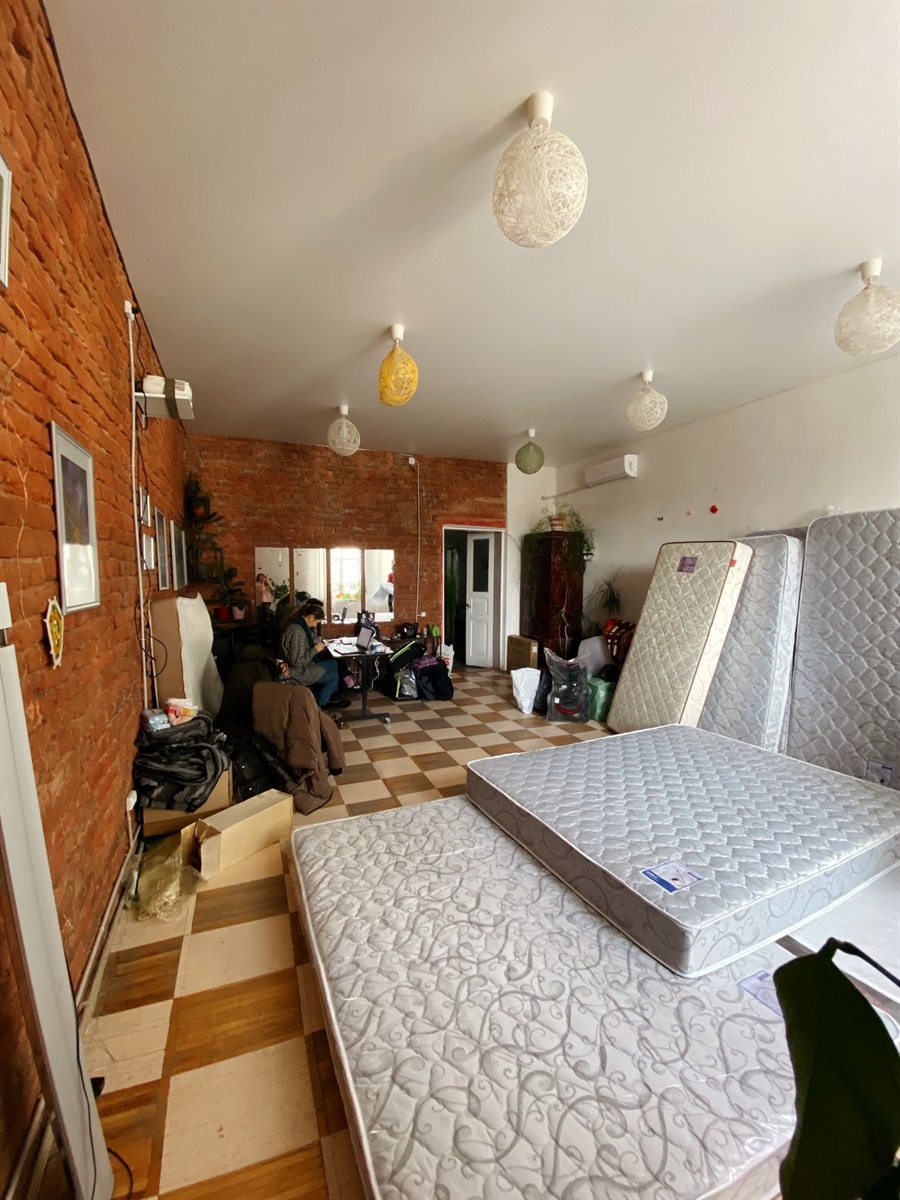
Furnishing temporary shelters in Ivano-Frankivsk
We also support women – survivors of domestic violence (at present, their rights are being violated, domestic violence episodes aren’t being registered, and economically they suffer disproportionately in relation to other groups). We respond to individual requests from the victims of the hostilities and from the military; we help deliver humanitarian aid, raise funds, interact with our partners abroad, cooperate with local police and territorial defense.
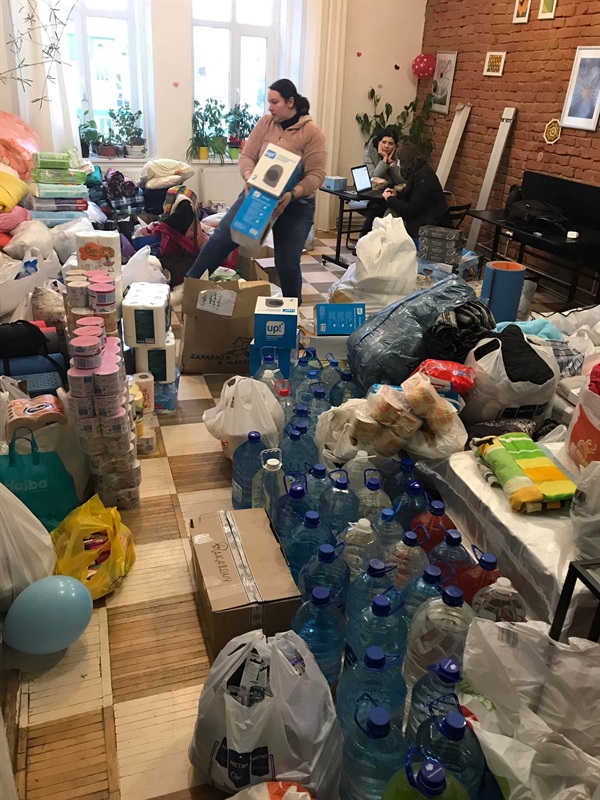
At present, over 60 people from throughout Ukraine are staying at our shelter.
“I was driving people to the Polish border”
Oleksandr, Makiyivka-Kharkiv-Lviv
I was born in Makiyivka and lived there till August 2014. Then I moved to Kharkiv with my wife. The company I worked for had moved their staff here. Later I switched to IT. At first we were renting an apartment and then bought a place of our own. We had had only one year to enjoy it.
Having heard the first explosions in the early hours of February 24, we packed up in one hour and left Kharkiv. Our company has an office in Lviv, so that’s where we have relocated. The company is a great support for me. I continue to work for them remotely.
Having moved here, I virtually immediately became a volunteer. Many people have fled to the western regions of the country. Some stayed here, and others continued to the European Union countries. I was driving people from Lviv to the Polish border.
It depends on the traffic situation. I also have my day job, so I drive people early in the morning while the roads are relatively empty.
My car can carry only four passengers. They are all women, children, and retirees. Everybody is crying and wailing. I try to comfort them. People are used to their homes; they’ve put down roots, set up their homes; and now they suddenly have to go, leaving behind their spouses. I’m aware of how psychologically draining it is. I’ve already lost my home twice myself.
My last run was on March 6. And then the company I work for seized the initiative. Our office has arranged for the bus with the capacity of 50 persons. It’s more profitable in terms of petrol usage. Besides, we can help more people at a time to make it across the Polish border.
“I am an art therapist working with children who’ve seen the war”
Mariya Pronina, Donetsk – Mariupol – Lviv
I left Donetsk at the beginning of the war in 2014. I’d lived in Kyiv for a while, but moved to Mariupol in a year and a half. I was engaged in UNICEF projects as a therapy training organizer. Also, I worked a lot with the children who were from the Anti-Terrorist Operation Zone.
When the fighting broke out in February, a part of a team of the public organization called “Platforma TYU” [“bah!” platform] moved to Lviv and organized a volunteer project Lapka-Lyapka [a paint paw print]
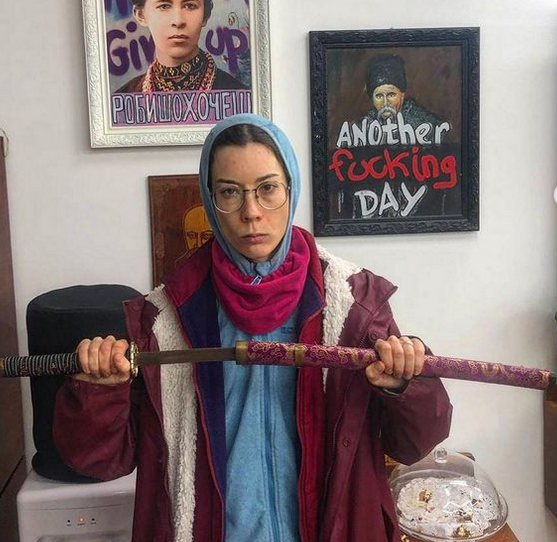
To my mind, art can help children overcome stress. We’ve developed a technique which helps us to quickly get to know the kids, establish contact with them, and understand their fears. Classes are intended for children aged 3 to 15.
“We meet the refugees at the railway station”
Rymma Fedorchuk, Donetsk – Odesa
I used to live in Donetsk and then moved to Odesa. I did interior design. After the invasion, we decided to stay in Odesa. The city is relatively quiet now. My daughter and son-in-law moved in with me. It’s easier and less scary for us to live together. First, my daughter began to volunteer, but at a small scale. It’s difficult to get into large-scale volunteering - there’s quite a waiting list for those who’d like to help!
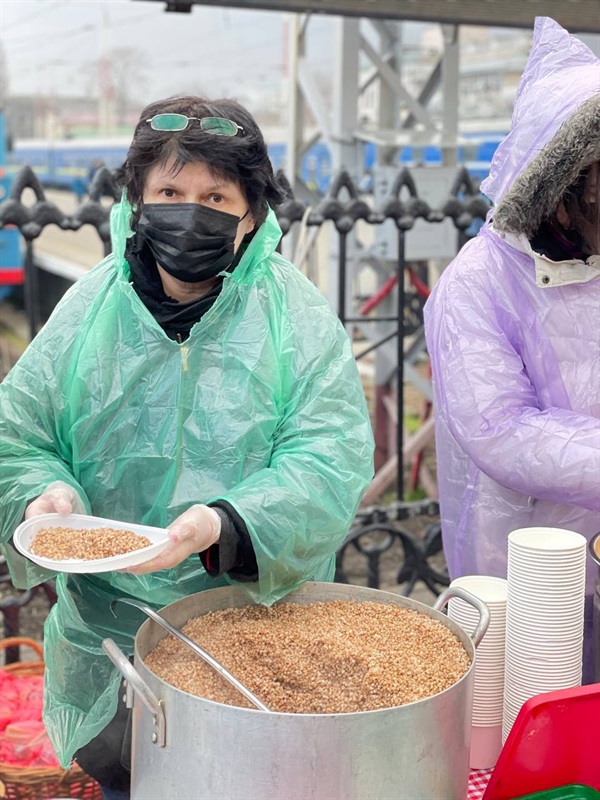
What we ourselves do is buy groceries, cook, and feed refugees at the railway station. They mostly come from the neighboring Mykolayiv oblast and Mykolayiv proper. The trains also arrive from Kharkiv, but there are very few of them.
“I take care of the abandoned animals ”
Oksana Halan, Makiyivka – Kyiv oblast
Until 2014, I had lived in Makiyivka. I left the town - I can still remember it very clearly - on Poroshenko’s Inauguration Day, June 7, 2014. A young girl living in a cottage house in Kyiv oblast welcomed us into her home. And that was a miracle because I had seven dogs with me.
One year after the move, I created the Pets&People Understanding School together with my business partner. I specialized in training puppies and adult dogs, correcting bad behavior in dogs and cats, exercising dogs, and providing rehabilitation after injuries and surgeries. In addition, I created the P&P Understanding Association, which is a public organization bringing together specialists from pet industry.
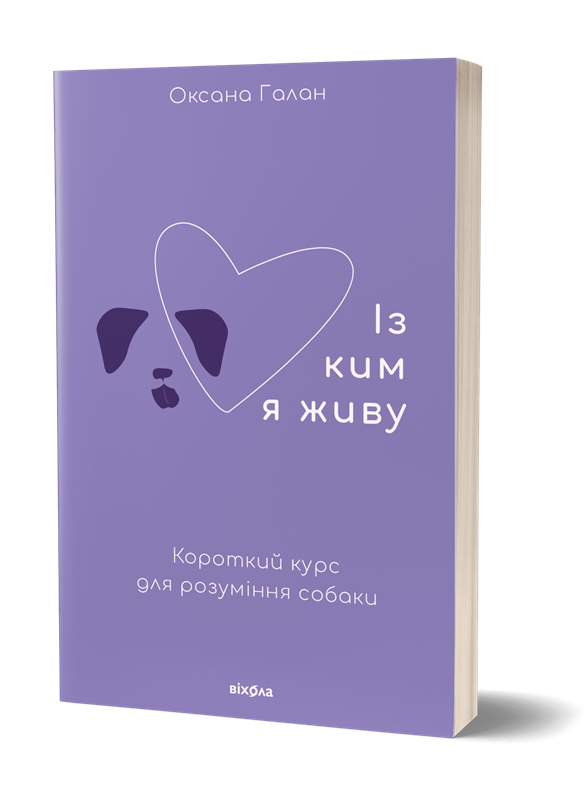
After the war had started and the initial shock had worn off, I realized I didn’t want to flee anymore. We’ve created a chat of mutual assistance for pet owners which is called Dopomoha Vlasnykam Tvaryn [assistance to pet owners]. In that chat, there are people we persuade not to abandon their pets when leaving, people we help to defend their rights, to buy pet food, to find pet-friendly temporary housing, and also organize the evacuation of abandoned pets to European countries. Every saved life is a small victory which keeps us going.
“I buy meds and food for the refugees”
Valeriya Vershynina, Donetsk – Brovary – Lviv
Until 2014, I had lived in Donetsk. I moved to Kyiv with my family; then we settled in Brovary after a while. My husband owned an auto repair shop back in Donetsk, so in Brovary, he found a partner, bought new equipment and opened another repair shop.
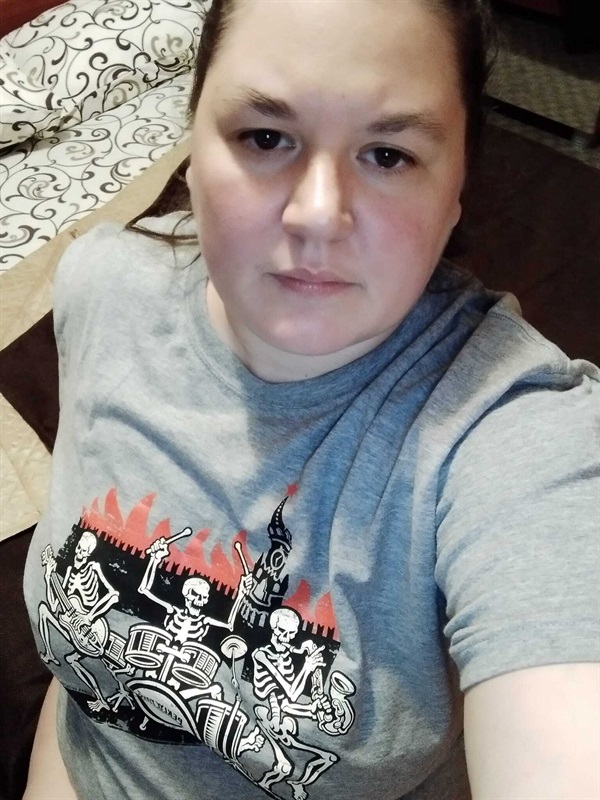
We left Brovary on February 24, the very first day of the Russian invasion. We spent two days on the road. Currently, my family and I stay in Lviv. My husband is driving refugees abroad, while my foundation has joined an initiative to open a food stand which serves hot meals near the railway station. In addition, we buy meds, food, and other necessities for civilians.
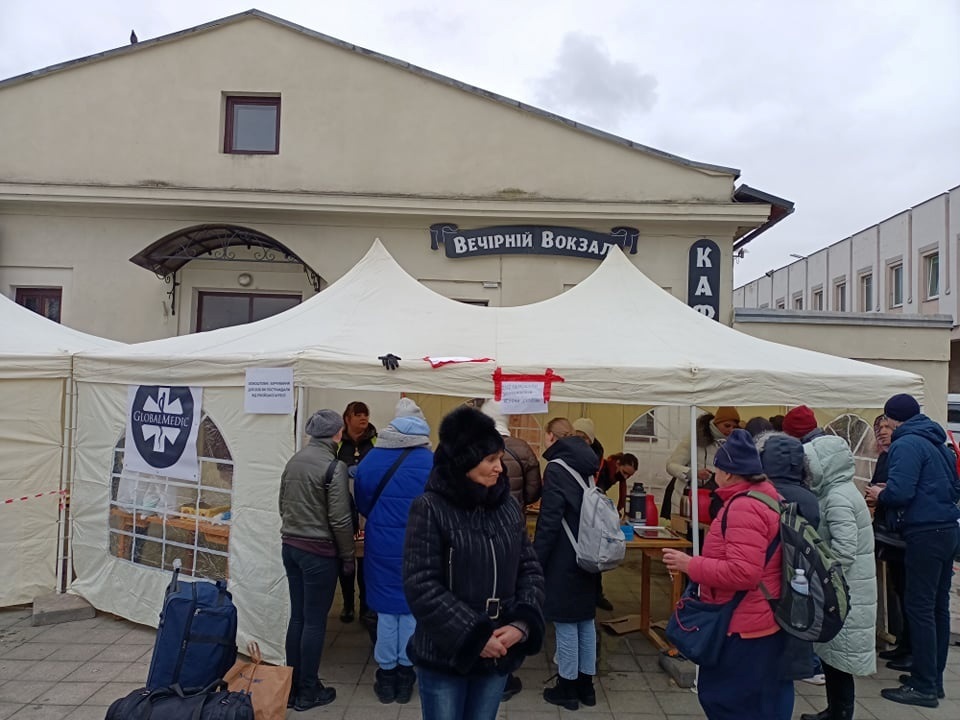 Hot meals served near the railway station in Lviv
Hot meals served near the railway station in Lviv
“We’ve organized a logistics warehouse with the help of theforced migrants”
Vyacheslav, Khartsyzk – Kyiv
In my hometown, Khartsyzk, I had been running a business, and I continued it after I moved. I am a board member of the Ukrayina Trading House based in Latvia and a representative of the Latvian Chamber of Commerce in Ukraine. As a migrant from Donbas, I know what war is like. I know what sort of assistance civilians need in such hard times.
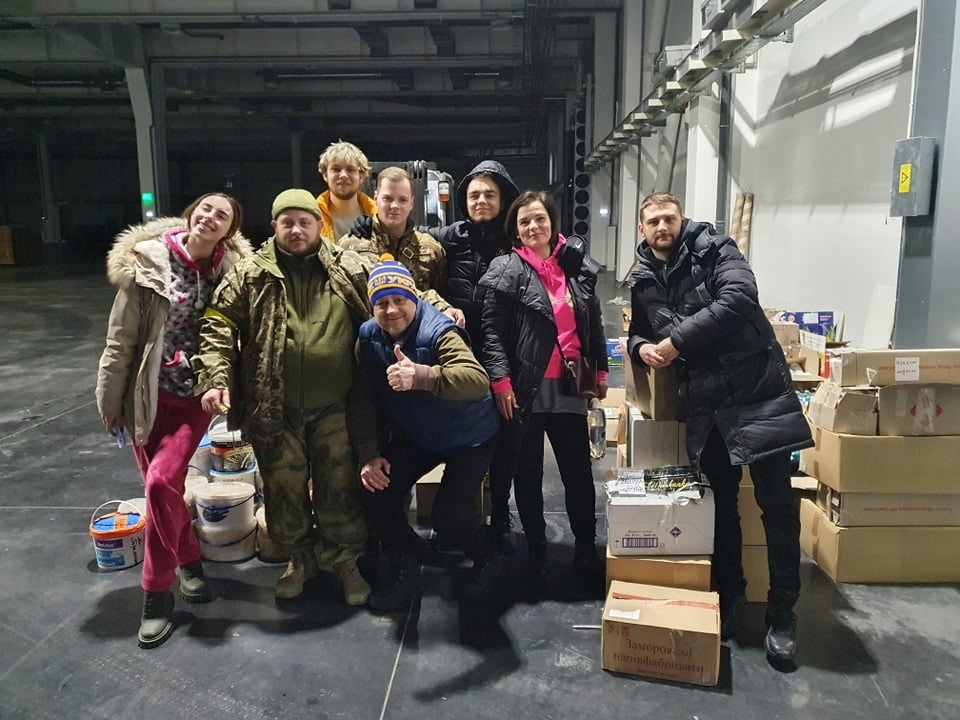
We receive food from the city residents and give it out to the condominium associations representatives, territorial defense brigades, and some military units. Apart from food, we have some clothes and hygiene products. They are meant for people who are unable to buy some basic necessities in times of hostilities.
“I cook for the local territorial defense forces in my kitchen”
Olha Rusanova, Horlivka – Kyiv
After I had moved from Horlivka to Kyiv I was practicing cosmetology, massages, and bathhouse procedures. Later on, I started training beauticians and massagists; I was a teacher. When Russia launched its full-scale invasion in Ukraine, honestly, I had an urge to leave the capital at first, but my 17-year-old son was dead set against the idea.
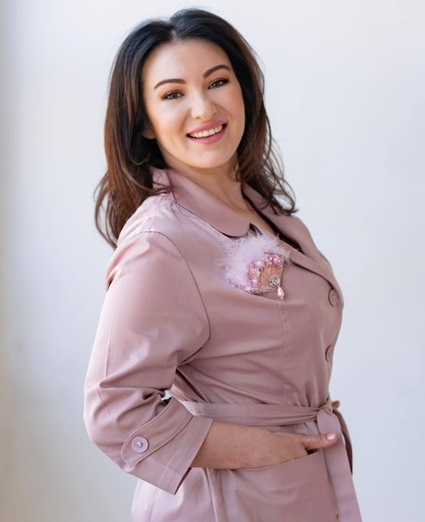
He was itching to join the territorial defense forces. I was persuading him not to do that; we had a long conversation. I argued that only specially trained people should be in territorial defense. Or, at least, grown men.
Now it is finally settled - I decided to stay with my son. I applied to the Center of Food Supplies for the Territorial Defense in Kyiv to become a volunteer cooking for the territorial defense brigades in our city district.
I prepare 50 to 100 meals every day. On March 15, I made a record-breaking 460 meals! I cook borshch, rassolnik, various soups, porridges, and pasta. It was not only territorial defense units but also firefighters, the military, and retirees who receive meals from us.
I arrange for the foodstuff supplies from Silpo supermarkets. Besides, I have all the necessary products delivered by the volunteers from the food warehouses. My neighbors are also involved in the process: some of them grate carrots, some peel potatoes. Then I gather all this in my kitchen and start cooking. I use all the four gas burners of the stove and the multicooker simultaneously. The other day my neighbors and I stewed and canned 70 kg of meat so that it won’t go bad in case we were left with no power.
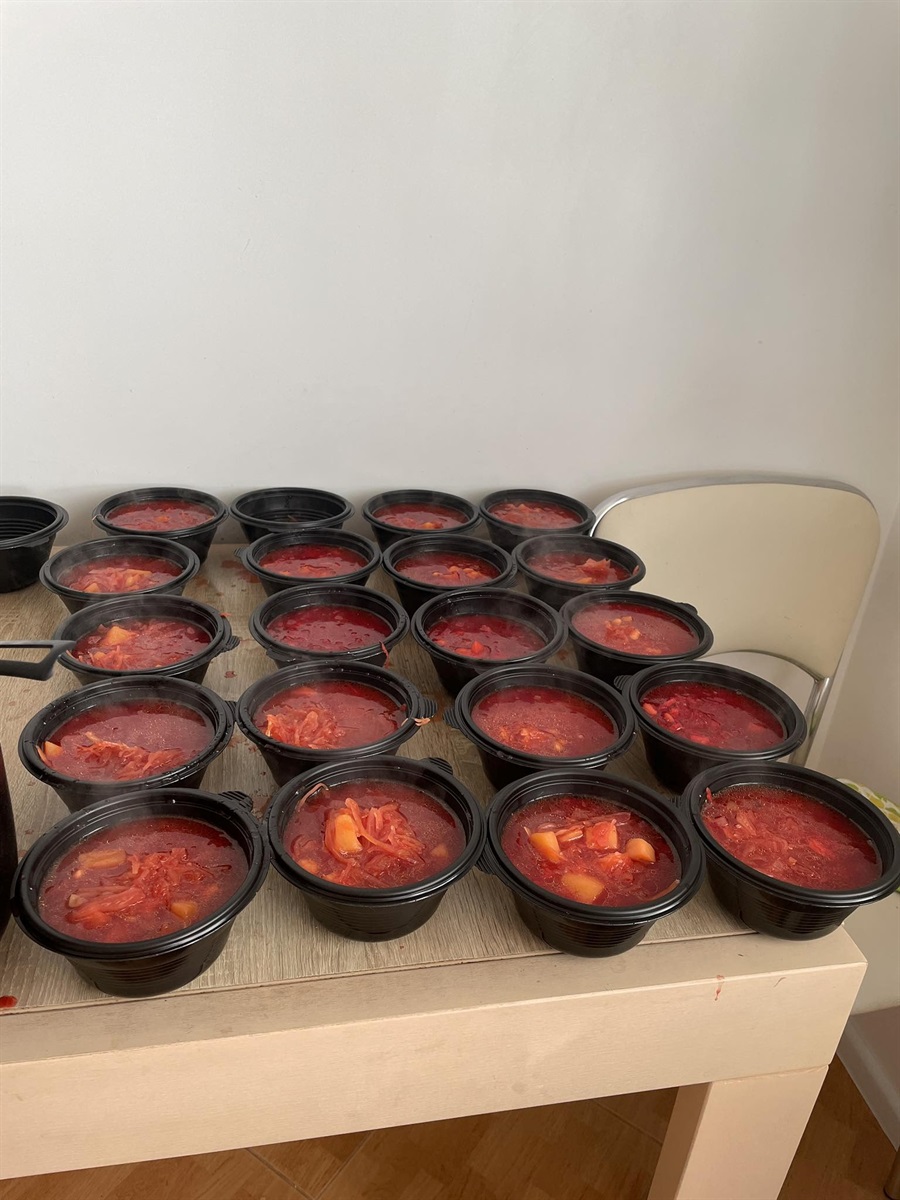 Olha makes 50 to 100 lunches every day.
Olha makes 50 to 100 lunches every day.
My son with our neighbors organized the defense of our house. They keep watch and guard the house. Firstly, they checked every centimeter for the enemies and looters’ tracking markers. They also guard the transformer cabin and inspect the basements so that the saboteurs didn’t break in.
“I’ll make machine gun dummies from recycled plastic”
Yevheniy, Donetsk – Odesa
I am an eco-activist and manager of the Precious Plastic Ukraine project. For more than five years I have been engaged in plastic recycling and making household items out of it. Since the project started, we’ve created a lot of interesting and nice things, for example, paving slabs made from chocolate wrappers, cake packaging, disposable tableware and other plastic waste or a park bench made from 24,000 plastic bottle caps.
In peacetime, I conducted educational classes for schoolchildren teaching them to separate garbage, showing what can be made from plastic, and we recycled it together. Currently, we’ve shifted the focus of our work.
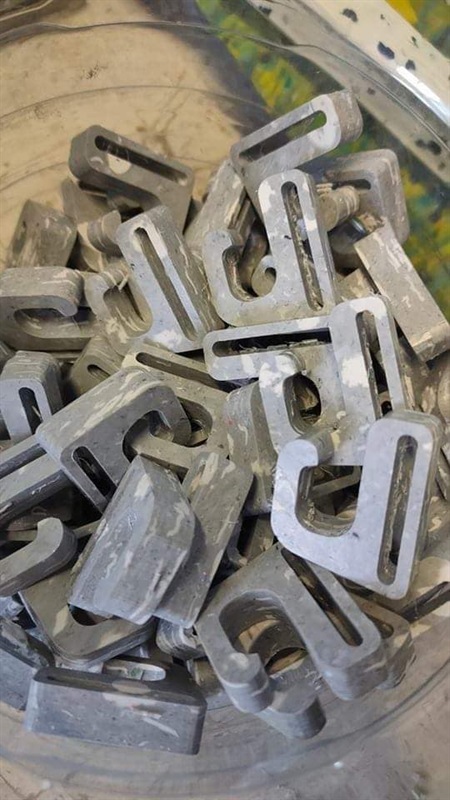
In addition, we started the anti-tank spikes and Czech hedgehogs manufacturing in our workshop. However, unfortunately, we ran out of metal, so we went back to plastic. For example, we’ve received a request to make machine gun dummies for the military drills.


